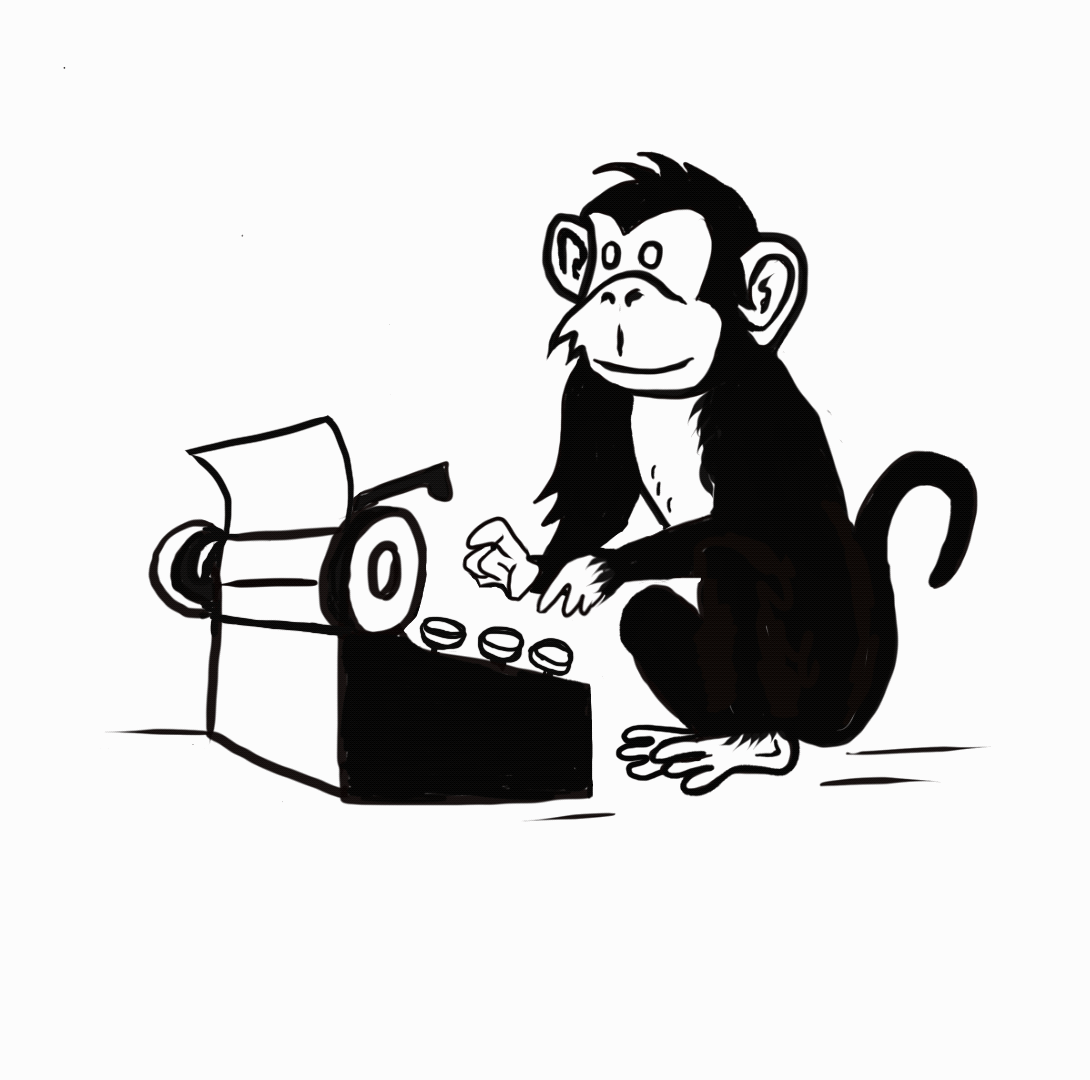2023 continues strong on the blog, as we caught up with the delightful Kathryn Koromilas. She is a writer, teacher, coach, and proud denizen of Scotland whose interests range widely. Her podcast, the Stoic Salon, features a who’s who of the most thoughtful and vibrant modern Stoics. We thank her unreservedly for her lively, thoughtful responses.

1. What led you to embrace Stoic philosophy?
I’d encountered the Stoics in various locales and at various times in my life long before I embraced the philosophy. In the late 80s and early 90s, I studied philosophy at the University of Sydney but the Stoics weren’t on the curriculum. We studied Plato and Aristotle and then jumped ahead to the Enlightenment philosophers—Descartes, Spinoza, and Leibniz—as if the in-between was a long period of banality and darkness. However, I would frequent a Greek taverna, To Steki, down the road from the campus where I met philosophy professor Ed Spence (who, incidentally, has recently published a fascinating book entitled Stoic Ethics and Technology in the Pursuit of Wellbeing). Ed was born in Larnaca, Cyprus and, after a glass or two of retsina, he would talk to us about Zeno, the founder of Stoic philosophy, who was also born in Larnaca, then Citium, about 2,000-odd years ago. Ed was engaging actors to perform the Socratic dialogues on the taverna stage while guests ate and drank and discussed philosophy, a modern-day symposium in inner-city Sydney. I remember playing Diotima and some of other the characters in the Socratic dialogues, including Meno. Ed called Socrates a pre-Stoic. Reading and doing philosophy in the Greek tavern with Ed taught me that philosophy was a social and embodied pursuit (but I was still more interested in Wittgenstein and Foucault back then).
Years later, I ended up living in Preveza in western Greece, not far from Nikopolis, where Epictetus set up his philosophy school. I loved walking through the ruins and imagined engaging with Epictetus. But reading him was a chore. Where was the poetry? Where was the drama? Where was the intellectual awe? There was none of that.
When I wrote my first novel, Palimpsest, I used Epictetus and Nikopolis as inspiration and then I forgot about the Stoics again.
Fast forward. I washed up in a new land. Years earlier, I’d set sail with a cargo full of life’s riches–love, success, and opportunity–only to find myself, like Zeno himself, a wreck. A complete shipwreck; a financial, physical, and emotional catastrophe. Like Zeno, I ventured into a bookstore, though mine was online and called Google. I found my way to CBT and then to Donald Robertson and Modern Stoicism and then to Stoic Week. After a few false starts, I completed Stoic Week successfully in 2018. I found Marcus Aurelius and Pierre Hadot. Hadot helped me find a poetic way into Meditations. I started a morning journaling practice where I copied out Meditations one meditation at a time, word for word. I curated the teachings and created my own personal Enchiridion, my own Handbook for Life, which I carried with me every day. When I say I embraced Stoic philosophy, I mean it literally. I held onto this handbook for dear life. I learnt from Hadot (in his chapter on Spiritual Exercises in Philosophy as a Way of Life) that Stoic practice requires meditation, attention, memorization, reading, and, especially, practicing in the real world with fellow humans. So I invited fellow, curious Stoics to join me and we read and wrote together. My group, The Stoic Salon, was born on Facebook (it was originally called the Stoic Scene) and now there is also a podcast. I’ve created various meditative, journaling experiences including Meditations on Meditations, Summer with Seneca, and the ever-popular 28 Days of Joyful Death Writing. If you are reading this, join us.
2. The picture on your website shows you with an enormous smile. Is Stoicism a joyful philosophy?
I think I might have changed that photo now, but I’m no less joyful. In fact, it probably represents Stoic joy more accurately. In Letter 23 to Lucilius, Seneca says that “joy is a serious matter.” It’s easy to put on a big smile and speak elatedly and look like you are joyful, but Seneca tells us not to assume that a person who looks joyful, is joyful. Joy is an internal matter. And it requires knowing what to find joy in. There are so many shiny things in the world that offer enjoyment: a sunset, ice cream, a song, or a big night out at the pub. But the sun will set, the ice cream will melt, a song will end, and a night at the pub will also end…with a hangover. Sustaining joy cannot be found in these ephemeral, superficial things. Real joy comes from finding what is yours. “What is yours? Yourself; the best part of you.” (Graver’s translation.) It’s your capacity for reason, your judgement about what is the best course of action, and your understanding of what you ought or ought not to endure, in other words, your natural capacity to be excellent (though always a work in progress!). We get distracted by so many joy-promising things but there are a number of Stoic exercises that can help us pay attention. For me, a daily death contemplation always brings me back from distraction (this is why I love Marcus Aurelius so much! I feel he mentions death over 100 times in his Meditations.) Contemplating your imminent, personal death (only a few moments a day) is a stern wake-up call to stop being distracted and pay attention to cultivating the best part of you so that you can perform your best as a social, human being.
3. As a journalist, you’ve interviewed many fascinating and well-known people. Does Stoicism inform your interview process?
I used to ask some pompous questions when I was younger and covering the arts and entertainment scene in Athens in the late 90s/early 00s. In 2000, Harold Pinter (who was awarded the Nobel Prize in Literature in 2005), was in Athens for a performance. I covered the event for the Athens News.
I asked him a question I’d borrowed from Nikos Kazantzakis. On his travels, Nikos would ask this question: What do you think is the duty that men of culture and letters have towards society? And this is what I asked Pinter.
Pinter’s reply: “I don’t think I have a duty to society as a writer, but rather as a man. And I don’t mean, I have a duty to society as it is, but rather as it should be. As a writer, I have a duty to write well, and accurately [. . .] I mean to accurately present the truth of the characters and not something false.”
This is such a Stoic answer! Cicero and Epictetus talk about the roles we play in life. By default, we are human beings, social beings. We also take on other roles. The roles themselves, but also our natural talents and the times we live in, sort of determine how we ought to live and act. And for everyone it’s different. So here, Pinter recognizes that in his role as a human being, as a man, he has a very social obligation. Which makes sense, since we are social creatures. But in his role as a writer, the obligation is to the writing itself.
The worst, most pompous question I ever asked was directed at Jacques Derrida, one of the most eminent postwar French thinkers. In 1999, Derrida was in Athens to receive an Honorary Doctorate from Panteion University. I covered the event for the Athens News. I had a brief moment with him before the Archbishop whisked him away from the clearly problematic young journalist. My question: Do you think you are being a hypocrite by accepting this award? (Because, you know, deconstruction! You question everything about Western Culture.) Derrida was so generous. He bent his head toward me and talked to me about what really matters. It’s the seeing through the facade. Once you do that you are free to choose. I say this was my worst question, not because it did not yield good results (I’ll never forget those few intimate moments with him), but because my intention was to be smart. How could I ever outwit a Derrida! Why would I even want to?
Today, the word ‘interview’ means that one person asks the questions and the other gives the answers. But I rather like the original French term, entrevue, which means “to see each other, visit each other briefly, have a glimpse of” (from Etymology.com). In my podcast discussions, I feel I am collaborating and co-creating an investigation. And I feel it aligns with Stoicism: Marcus Aurelius talks about how we, as human beings, are “born to work together like feet, hands, and eyes, like the two rows of teeth, upper and lower.” Obstructing the flow of this collaboration with questions of pompous intent is not natural, in the Stoic sense, I would say.
4. What’s an incident in your life that really tested your Stoic principles?
I like to joke that moving to Scotland and experiencing Scottish weather is what really tested how far I’ve come with Stoicism. It’s the most consistently wet and windy and chilly place I’ve ever lived. I think this is the perfect location for a Stoic Camp! When I first arrived, I was horrified by the weather but perplexed by the locals. They didn’t seem to be bothered. While I was dressing in layers and layers and layers, they were happy to wear t-shirts and shorts and none of them seemed to own an umbrella (it’s too windy to carry one anyway). When I said the weather is horrible; they said “It is what it is.” The more I judged the weather to be awful, the more I saw the disconnect with the locals: they really thought it was quite okay, mild even.
If our judgments about the weather differed so radically then it couldn’t be the weather itself that was “bad,” but my judgement made it so. Yes, Epictetus! Stoicism 101!
But more than Epictetus it was the great Scottish comedian Billy Connolly who, sounding very Stoic, said: “There’s no such thing as bad weather, only the wrong clothes.” On that sage advice, I put away my red stilettos and little black dress, donned my husband’s waterproofs, and now I face the relentless, horizontal rain and I’m as tranquil as those cows you see on Scottish postcards.
Seriously, though, how amazing is our mind to be able to pull off such a mental pivot in how we can experience the world? We have access to this tool that can harness our innate rationality and pull off a feat like that! Magnificent.
5. When was the last time you screamed your lungs out for any reason?
It was during the first Covid lockdown. A year earlier, I had moved to Scotland, to an old, stone cottage by a cemetery by a loch near a village near a small town in a near-forgotten part of southwest Scotland. It seemed like the perfect romantic retreat from a noisy world. But the love of my life had slumped into a deep and bitter depression. The situation at home soon became bewildering and frightening. I was working daily with the Stoic teachings, morning meditations with Marcus Aurelius, and connecting online with my Stoic friends as well as with my writing tribe. But navigating the dynamics at home literally brought me to my knees. I remember this one morning. I was out walking with my dog, Henrietta; I call her the peripatetic Stoic. We were at the shore and it was cinematic. The cobalt blue and charcoal Scottish sky was sinking over me and the path beneath my feet was also sinking, flooded from the heavy storm. And I sunk to my knees and began to howl. And what struck me about my screaming was that I was screaming for help. For someone, anyone, to help me. It had been 40 years since the last time I fell to my knees and asked for help. I was nine, and just an ordinary kid with ordinary grievances asking God for help in a bedside prayer. When God didn’t answer, I rebelliously became an atheist and decided I could help myself from then on.
But that day, 40 years later, by a loch in southwest Scotland with my German Shepherd sitting patiently beside me as I howled, I needed help from someone else.
And it was Marcus Aurelius, who appeared there in my head, saying: Pay Attention. Πρόσεχε. Πρόσεχε. Πρόσεχε!
For me, Stoicism is about learning how to pay attention. I knew that if I could pay attention to myself and to who I am (as an individual and a cosmopolitan) and be vigilant, then I would know what to do; I would know to live with and through this.
Bonus: What question should we have asked, and what’s the answer?
What do the Stoics think about Beauty?
I really want to be able to answer this question soon and I’m starting to read the texts again with this in mind. But an intuitive response is this. Stoicism has transformed how I see beauty. There’s a poem, ‘The Sunset of Romanticism’ by Charles Baudelaire, who was influenced by the Romantics. In it, he writes about a sun that is due to set and wants to run quickly to “catch at least one slanting ray as it departs.” But he doesn’t make it in time, and is left “at the swamp’s edge,” with “an odor of the tomb,” and “bruising damp slugs, and unexpected toads.”
It’s quite a bleak, depressing ending. But the Stoics wouldn’t feel this way. Firstly, they’d make sure they were there on time (they’d premeditate on anything that might go wrong in their journey to the horizon’s view and, fate permitting, make the necessary adjustments). Secondly, they’d know that the sunset, unlike Baudelaire’s “noble dream,” is just a natural phenomenon: it’s the sun’s disappearance from our viewpoint due to the earth’s rotation. The sun is not trying to perform for us. It is just being itself. Doing the work of being the sun. And the earth, too. Doing its job.
This sounds like a dampened version of the Romantic view, but wait. What can be more awesome than the universe performing its job, day after day after day?
That is beautiful. The lesson for me is that, when we live in accordance with our nature, when we act with excellence, and when we act with integrity and authenticity, when we show up as ourselves, we are beautiful. Pay attention!


At this point I was surprised by tears: “The cobalt blue and charcoal Scottish sky was sinking over me and the path beneath my feet was also sinking, flooded from the heavy storm.” What powerful writing and perspective. Kathryn definitely makes people feel we are all of a part.